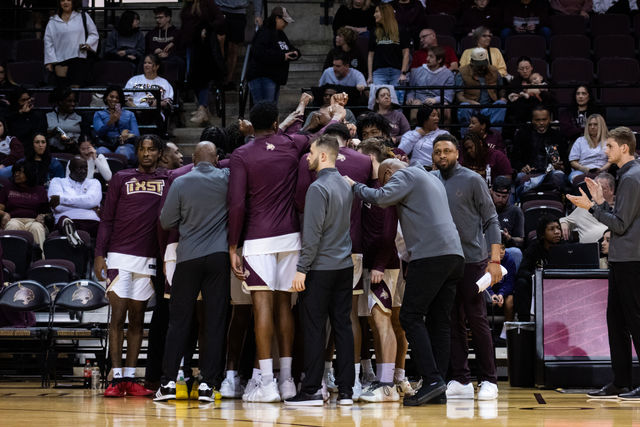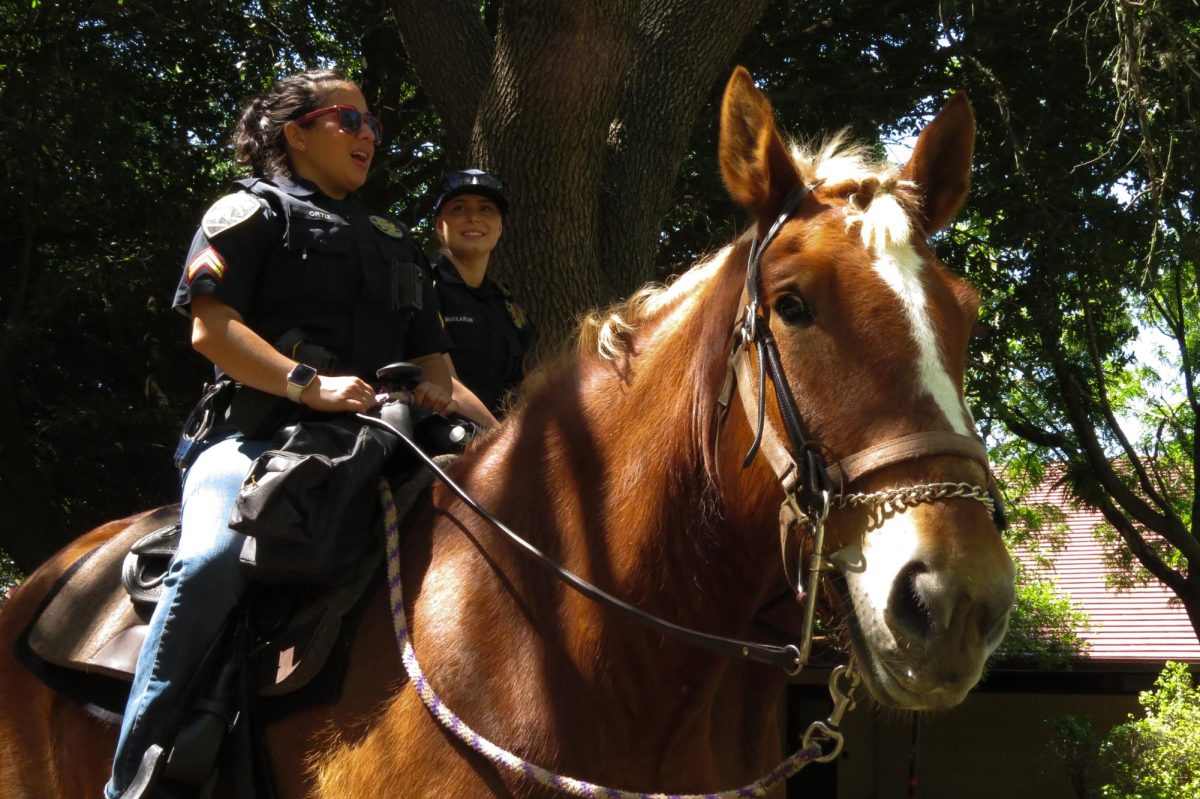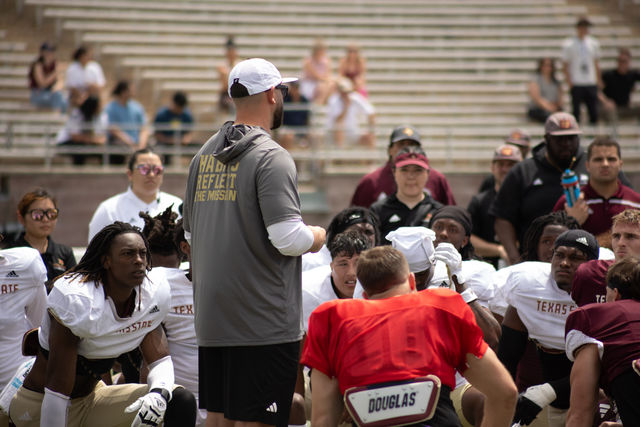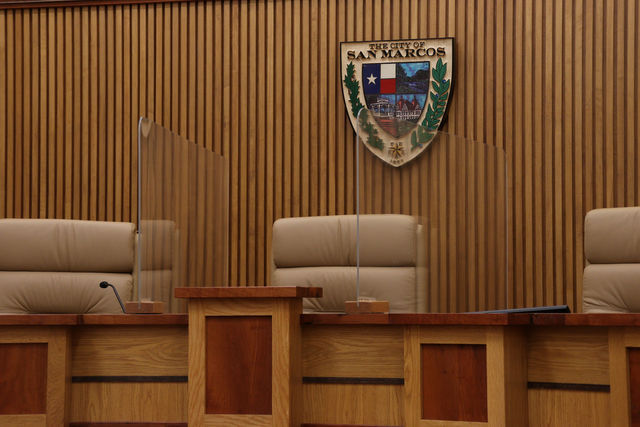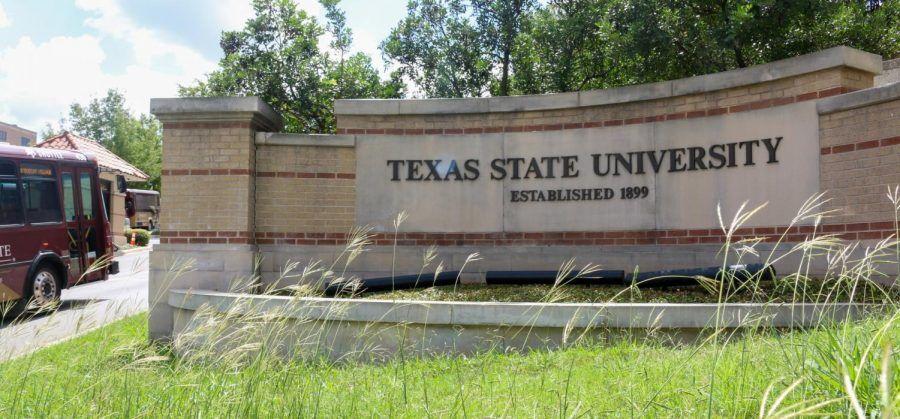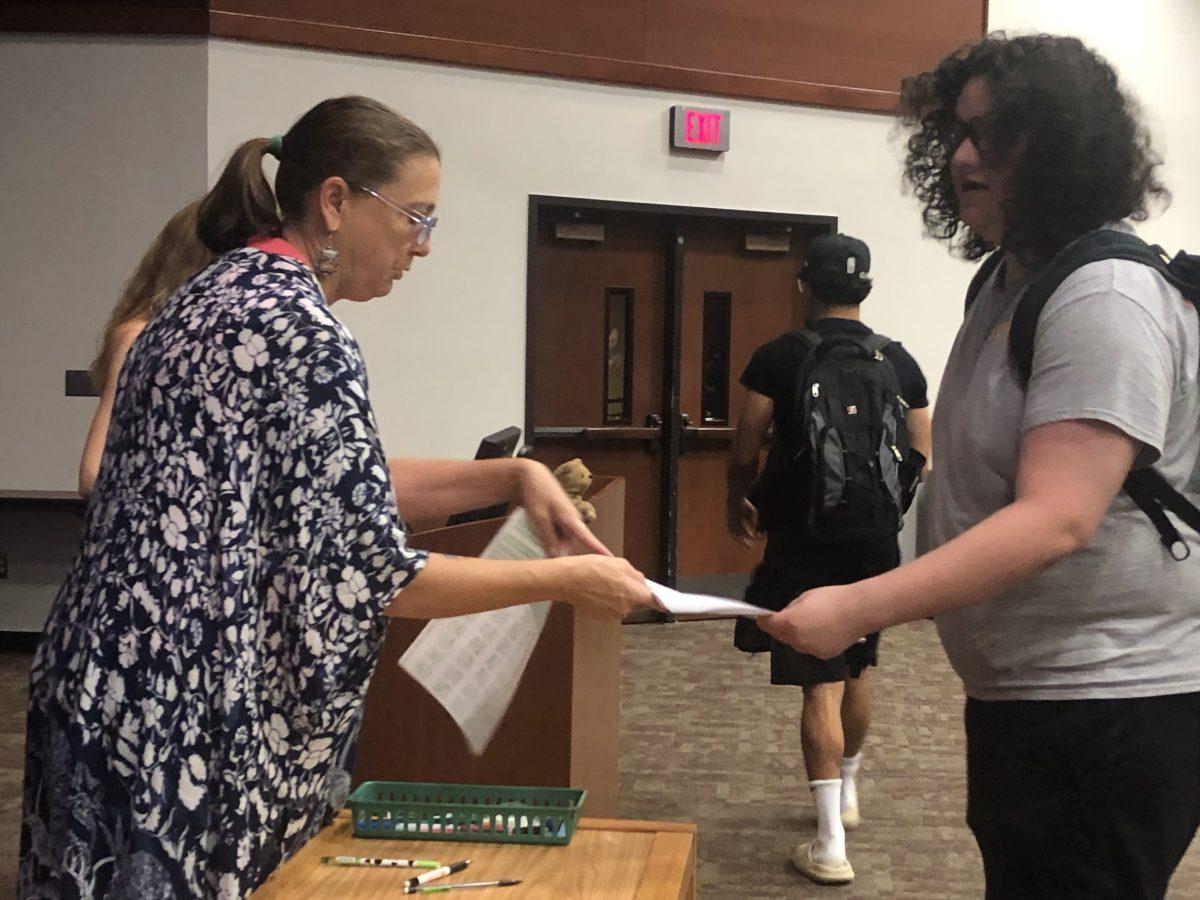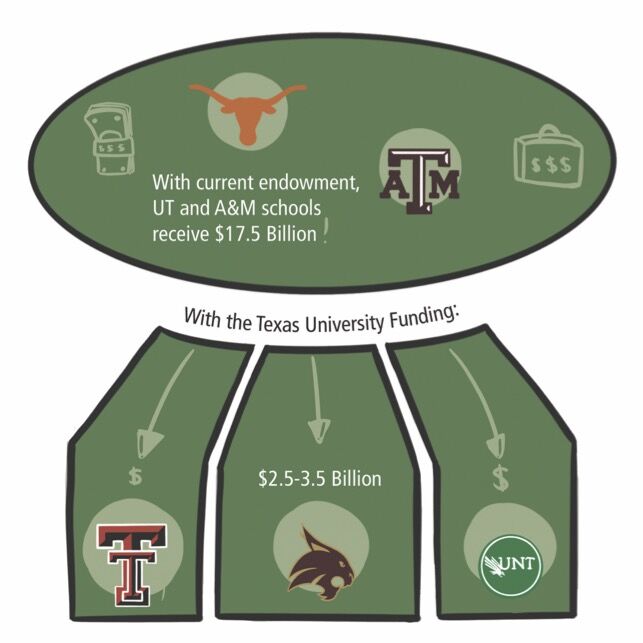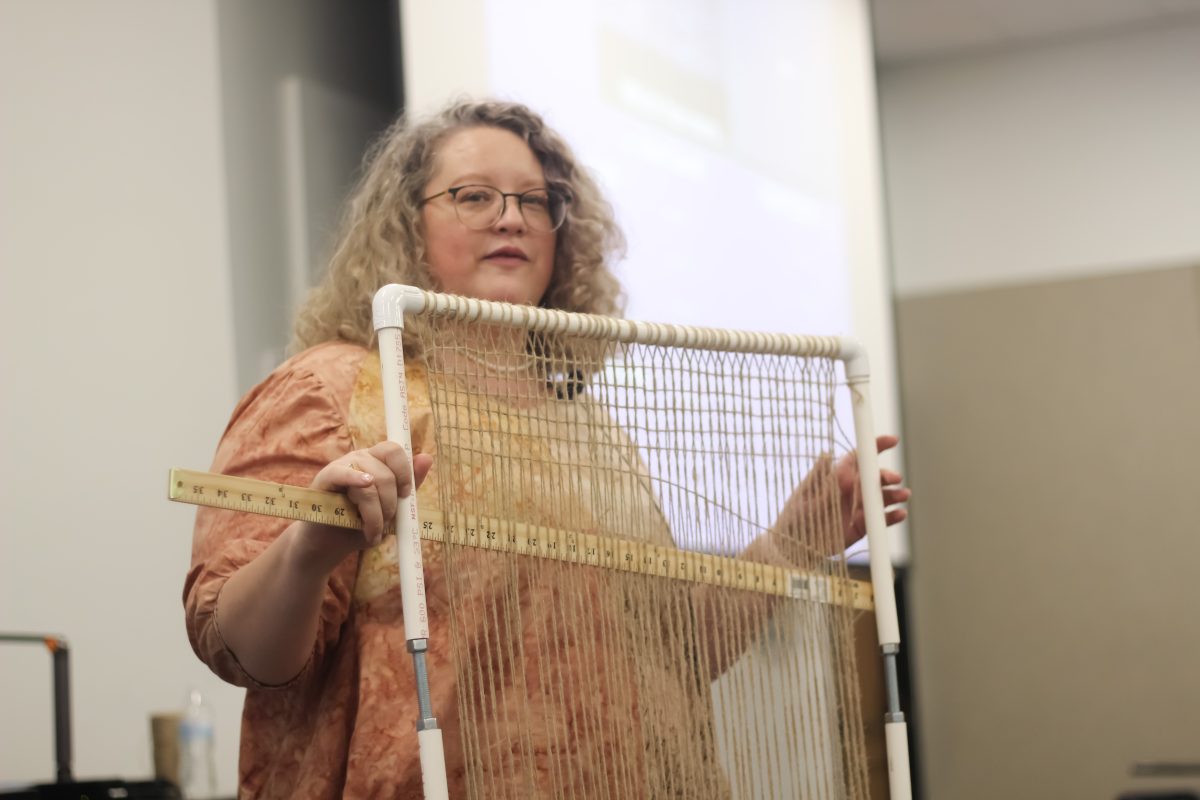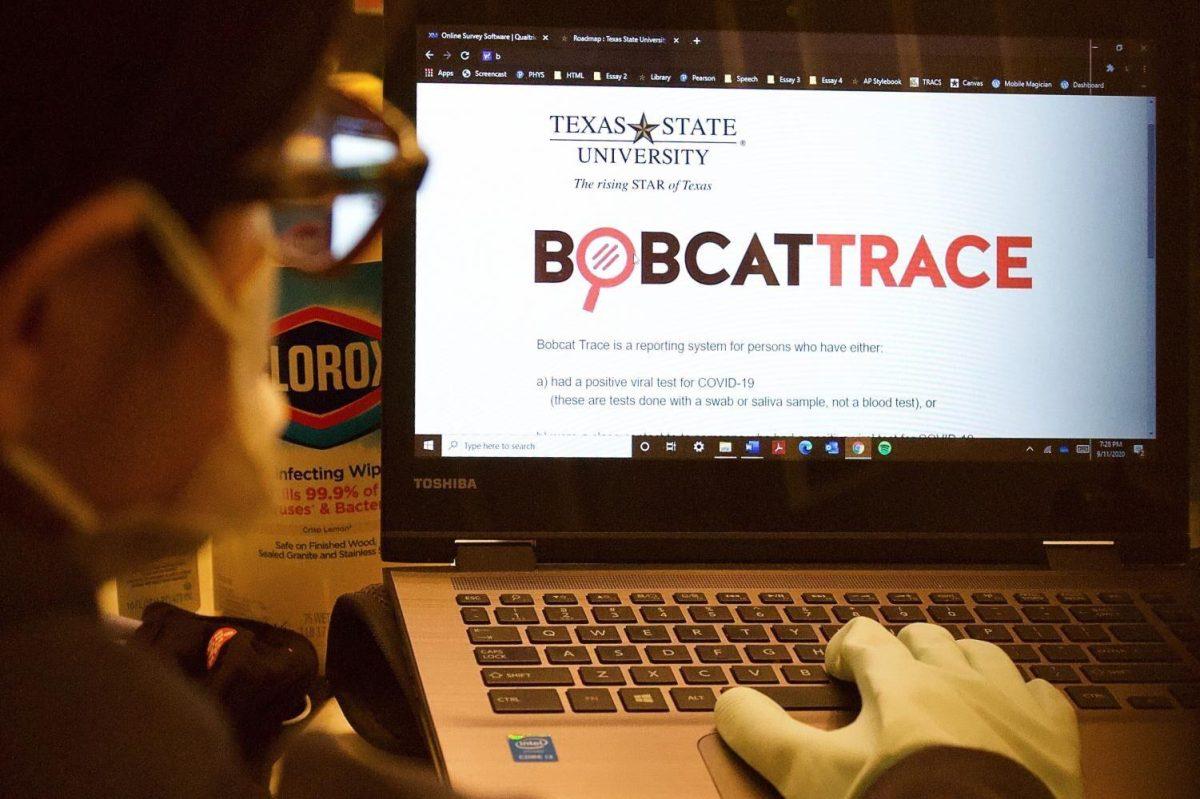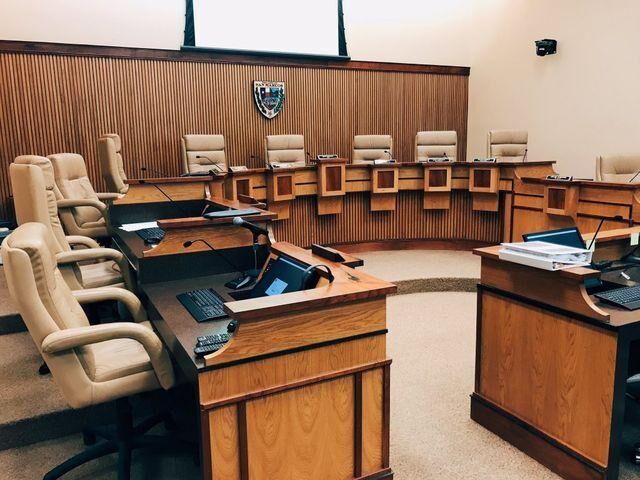Texas State Faculty Senate members gave recommendations for outlining the role and governance responsibility for the Personnel Committee in its Sept. 30 meeting.
The Personnel Committee oversees the performance expectations and evaluation of faculty, including non-continuing faculty. Currently, the committee is 80% tenure track and 20% non-tenure with five to six members.
The chair or director and departmental personnel committee base their judgments on a variety of sources, including a combination of evaluations suitable to the department or school, such as a self-evaluation by the faculty member, evaluations by administrators, peers, and students or evaluations from those outside the department or school.
A departmental committee that includes representatives from the non-tenured and tenured faculty will develop the annual evaluation policy, which then must be approved by the departmental personnel committee, the chair or director, the college dean, the provost and the vice president for academic affairs.
The senate recommended the use of an external observer for the Personnel Committee review process. The external observer will not be a voting member; only professors that are personnel committee members can vote. Votes are cast by ballot to approve or disapprove candidates for promotion to full professor.
Senate member and professor of violin in the School of Music Lynn Ledbetter says the idea for using an external observer makes some members nervous.
“It’s not meant as an intrusion, and this may not be something that we carry forward at this particular moment to the policy, although that’s what we recommend,” Ledbetter said. “I like the idea of dominance and being the housing authority, so to speak, for these external observers.”
Another recommendation states the personnel committee should not be run by the department chair but instead having them operating as a consultant. If the department elects a separate chair, then it will run personnel committee meetings, and the current department chair will sit as an external observer.
Senate member and professor in the School of Engineering Stan McClellan says having the department chair as the chair of the Personnel Committee can be problematic and a conflict of interest.
“When you go to a personnel committee meeting that is dealing with more than promotions and tenure decisions, by policy, the chair of the department [leads] the meeting, and there’s no external observer,” McClellan said. “But when you go to high-intensity meetings there’s an external observer piece that’s potentially missing.”

